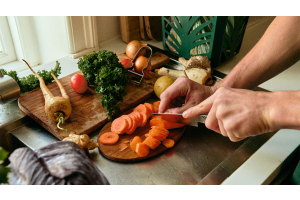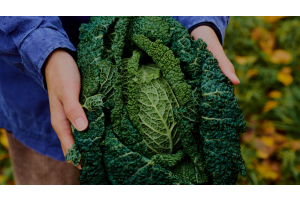The ultimate guide to home composting: turn waste into garden gold!
Composting is an eco-friendly way to recycle organic waste into nutrient-rich soil, perfect for gardening and landscaping. Here’s how you can start your own compost pile at home and understand the science behind it.
What is composting?
Composting involves the controlled decomposition of organic materials like food scraps and yard waste. This process can be done with oxygen (aerobic) or without oxygen (anaerobic). Aerobic composting is the most common method for home composting. It uses oxygen to break down waste, generating heat and reducing odours efficiently. Anaerobic composting, on the other hand, lacks oxygen, often producing methane and foul odours. It’s slower and less commonly used for home composting.
Various organisms work together to break down organic matter. Bacteria are the primary decomposers and thrive at different temperatures. In addition to bacteria, fungi, earthworms, and insects also play crucial roles in further decomposition, especially in the later stages.






